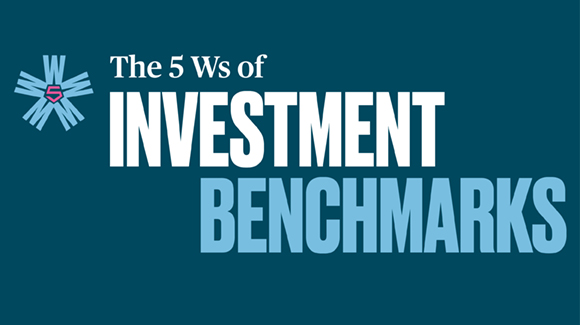A lot has been mentioned in the financial media around whether the UK is a good place to invest. Newton’s David Cumming outlines some of the reasons he thinks UK companies are providing investment opportunities.

UK income portfolio manager, BNY Investments Newton
Running an investment fund that invests in UK companies is not viewed as a glamorous gig these days. UK equities are seen as a dwindling and not very relevant investment backwater, shunned by ambitious portfolio managers, and viewed with disdain by many investors and advisers alike.
Running a UK fund that invests in income stocks is seen as an even duller existence, buying relatively safe, uninteresting stocks in a market everyone has been switching out of for years. The constant threat of monthly monetary flows out of UK funds adds to the pall of decline as investors pursue more exciting growth prospects elsewhere, mainly in US technology, led by the pied piper-style allure of artificial intelligence (AI) and the “Magnificent Seven” companies.1
However, the UK equity market is a market more sinned against than sinning. It has a lot of attractive long-term qualities. These include a shareholder focused culture, good governance, and a spread of attractive industries, notably in financials, energy, healthcare, industrials and consumer. UK businesses tend to be global, with relatively strong balance sheets and dividend yields that, in some cases, exceed current interest rates. Also, UK stocks, unlike the much-loved US, are not expensive relative to history.
Markets that are currently out of favour may present overlooked opportunities. As all good investors know, it is not what companies you buy but the price you pay for them that matters. More importantly, this combination of low valuations and investor neglect may be about to end. Indeed, it may have already ended. The total return of the FTSE All-share (an index compromised of around 600 companies traded on the London Stock Exchange) has comfortably outperformed the S&P 500 (an index tracking the stock performance of 500 leading companies listed on US stock exchanges) in the first six months of 2025 in sterling terms.2
For several reasons, this is likely to be the start of a trend, rather than a temporary blip. First, the US economy is facing difficulties. The US government is running both significant budget and current account deficits with a debt to GDP ratio over 100%.3 The level of consumer saving is low, while tariff policy is creating investment uncertainty and slowing growth. At the same time, because of inflation risks, the US central bank, the Federal Reserve (Fed), is delaying interest rate cuts. These factors along with perceived threats to traditional longer-term pillars of democratic stability are in addition putting pressure on the US dollar’s safe haven status.
Second, the US’s perceived hegemony in AI technology has come under threat with DeepSeek emerging from China, weakening the expected profitability of the huge investments being made by US technology companies. This has prompted some to reassess the long-term valuation assumptions for parts of the US technology sector.
Meanwhile, in the UK and Europe, interest rates are being cut, and governments are using fiscal stimulus to support European growth, notably in Germany. Also, the EU and UK are spending more on defence while stepping back from potential constraints on growth such as high energy and climate-linked costs. We believe these trends should support growth in Europe and the UK relative to the US over the next year or so.
Current macroeconomic, valuation and currency dynamics may appear more favourable to the UK market compared with recent trends in the US. As a fund manager who has been around for a long time, I believe logic and value prevail. UK equity income may be unfashionable, but it is cheap relative to other markets and simply put, things are getting better.
Interest rates and inflation are falling and at the stock level, yields are attractive, and dividends are growing. Add to that the potential for active portfolio managers to add value at the stock level through fundamental company analysis, and UK equity income has a lot going for it – especially in an uncertain world where optimism on US-led global growth is being reassessed. Maybe the UK is not as dull as you thought after all.
1Magnificent Seven = Alphabet (Google), Amazon, Apple, Meta, Microsoft, Nvidia and Tesla.
2‘The FTSE 100 has outperformed the S&P 500 this year. Can it last?’, The Motley Fool, Published 13 June 2025.
3‘What is the national debt?’, FiscalData.Treasury.gov, as at 8 July 2025.
2594860 Exp: 30 January 2026




